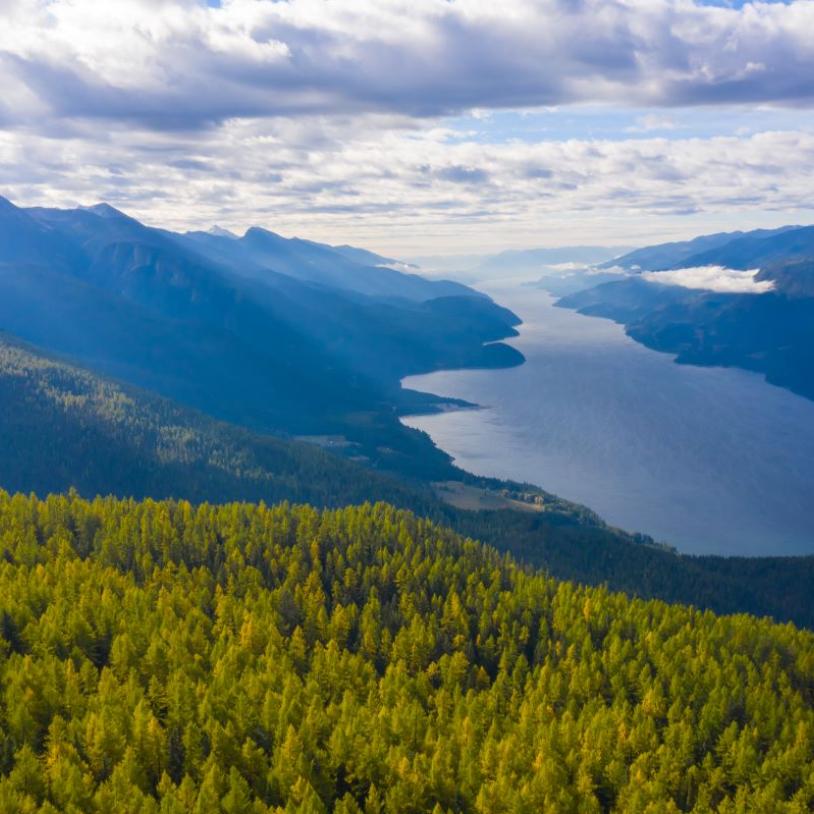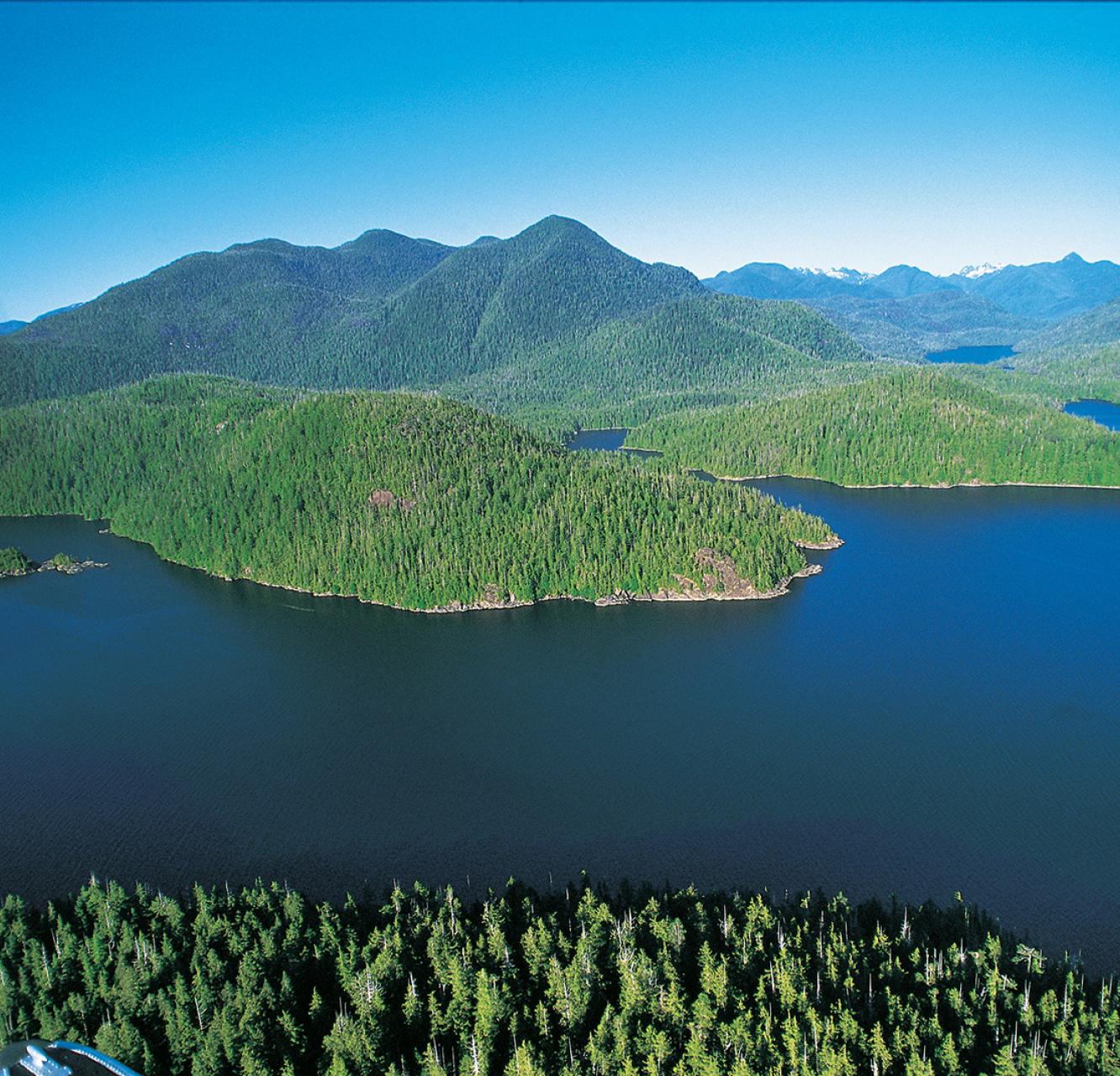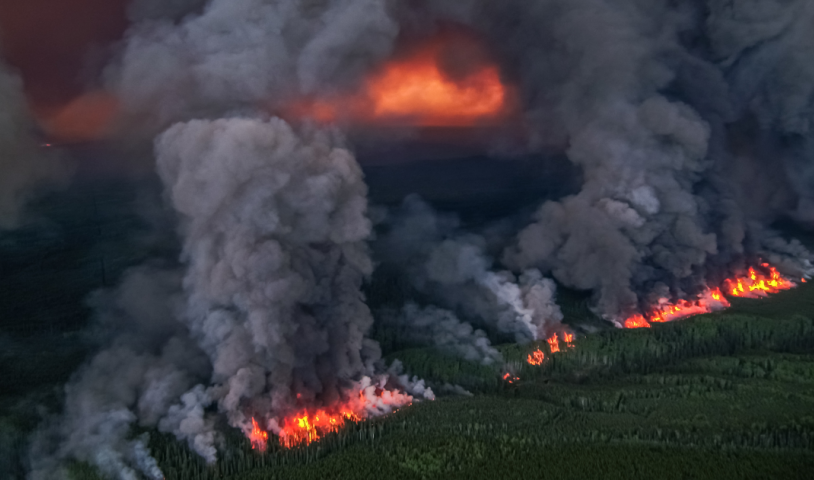Two provinces, same battle as First Nations face down mining interests
Friday, March 9, 2012
OTTAWA–Throughout Canada, First Nations are facing down mining companies over projects planned in their territories.
In northwestern Ontario, Kitchenuhmaykoosib Inninuwug First Nation is working to halt Gods Lake Resources and their Sherman Lake Gold Project.
The exploration company is planning a drilling project, but the intended land is a sacred area known to have KI burials and other cultural values.
The land was also left out of 23,181 square kilometres of land in KI territory the Ontario government announced Sunday it was withdrawing from mining exploration.
On Tuesday, KI leaders were in Toronto to rally outside the Prospectors and Developers Association of Canada (PDAC) convention-the largest mining industry event of its type in the world.
KI wants to halt God’s Lake Resources from mining on their lands. The company is expected to begin their prospecting this month and have hired a security firm to protect its workers when entering KI territory.
“We are mobilized to go to Sherman Lake. I cannot allow our graves to be desecrated by a company that is hiring guns to block us on our own land.
That is no way to do business,” said KI Chief Donny Morris, in a statement.
Seven years ago KI was in a similar situation with Toronto-based mining company Platinex.
During that struggle, six KI leaders were jailed for six months after protesting Platinex.
In 2009 the company withdrew its plans after it reached an agreement with the Ontario government to receive $5 million and a royalty stake in any future developments in the region.
In British Columbia, the Tsilhqot’in Nation is facing a similar battle. It’s at odds with BC based mining company Taseko and their New Prosperity Mine proposal.
Earlier this month Taseko launched a defamation suit against environmental group Western Canada Wilderness Committee for questioning the company’s claims that its new proposal would actually address all environmental concerns, which includes saving Teztan Biny, known as Fish Lake in English.
In a statement, the Tsilhqot’in National Government Tribal Chair Chief Joe Alphonse said, “we will certainly not be silenced by what appears to us to be a clear attempt to mute opposition and stifle criticisms.”
In November 2010, Taseko’s first proposal was rejected by the federal government because part of the plan involved draining Fish Lake which is full of rainbow trout.
Taseko has said that it worked hard to ensure it dealt with concerns and will save Fish Lake.
This is not the first time Taseko has taken their concerns to the courts over this matter.
Last fall, the BC government granted permits allowing Taseko to carry out work on the land near Williams Lake. B.C. It was a decision the Tsilhqot’in say the government made without consultation.
In efforts to bring a stop to the work the Tsilhqot’in blocked Taseko’s workers from entering the site which resulted in legal action by both parties.
Both sides went to court seeking injunctions against the other. Taseko requested an injunction to prevent the blockade and the Tsilhqot’in asked for an injunction to impede Taseko from carrying out work until proper consultations had been made.
The Tsilhqot’in won the round when the courts imposed a 90-day injunction on Taseko.
The victory, however, was short lived. At the beginning of March, the Tsilhqot’in reluctantly agreed to allow test drilling on their land, but the fight still continues.
Biologists and archeologists hired by the TNG and two Tsilhqot’in members will monitor the exploration testing done by Taseko. An environmental assessment will also be conducted by the Environmental Review Panel, but due to funding cuts there may not be a full 60-day assessment.
“If there are no assurances that it will be 60 days, how can it be an honest review?” asked Xeni Gwet’in Chief Marilyn Baptiste.
Baptiste recently returned from Geneva, Switzerland. She was there to report to the United Nations Committee on the Elimination of Racial Discrimination (CERD) 80th Session
“The land question hasn’t moved in decades,” she said. “To actually be there, give our word to the committee members was very helpful. Our voices were heard.”
She says many of the committee members questioned Canada’s environmental issues.
“For a big part of it, it’s not going to be earth-shaking, but I think for the fact that many committee members are aware, they’re watching Canada and we’re hopeful that because of those things we can move forward,” she said.
As for Taseko, Baptiste says they’re facing a bigger power – mother nature. They’re facing the elements and not just the concerns of the people, said Baptiste.
She says the snowy weather is playing a part in keeping Taseko off the land. The company had expected trails to be plowed and more inclement weather is expected.
“The government needs to stop this proposal as well, no more destruction on the land,” said Baptiste.
The Tsilhqot’in still vow to stop the project.





